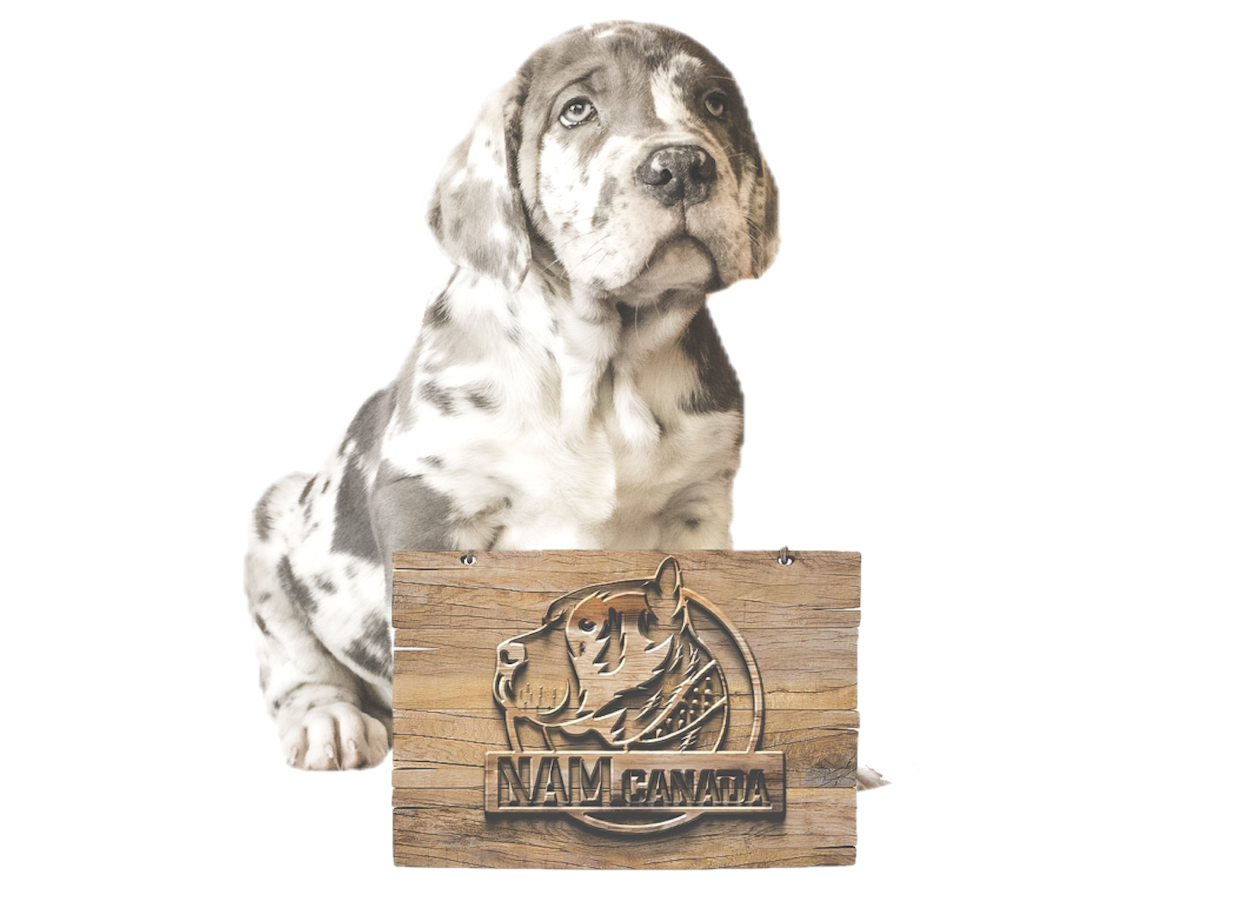
What Every Pet Owner Needs to Know
Common Household Items That Are Toxic for Dogs
Dogs are curious creatures, and their natural tendency to explore the world with their mouths can sometimes lead to dangerous encounters with toxic substances. Many everyday items that seem harmless to humans can pose serious health risks to your dog. Whether it’s food, plants, or common household products, knowing what to keep out of your pet’s reach is essential for keeping them safe. Here are some of the most common things that are toxic to dogs and tips on how to protect your furry friend.
1. Chocolate
Chocolate is well-known for being dangerous to dogs. It contains theobromine and caffeine, which can cause vomiting, diarrhea, seizures, and in severe cases, heart failure. Dark chocolate and baking chocolate are the most toxic, but even small amounts of milk chocolate can be harmful, especially for smaller dogs.
2. Grapes and Raisins
Though it may seem healthy, feeding your dog grapes or raisins can lead to kidney failure. Even a small quantity can cause symptoms like vomiting, lethargy, and lack of appetite. If your dog ingests these, it’s crucial to seek veterinary care immediately.
3. Onions and Garlic
Both onions and garlic, whether raw, cooked, or powdered, contain compounds that can damage a dog’s red blood cells, leading to anemia. Signs of toxicity include weakness, vomiting, and breathlessness. Onion powder is often found in processed foods, so it’s important to avoid feeding your dog table scraps that may contain it.
4. Xylitol (Artificial Sweetener)
Xylitol is a sugar substitute commonly found in sugar-free gum, candy, baked goods, and even some peanut butters. For dogs, ingesting xylitol can result in a dangerous drop in blood sugar, leading to hypoglycemia, seizures, and liver failure. Always check food labels before giving your dog any treat or snack.
5. Alcohol
Alcohol, even in small amounts, is highly toxic to dogs. It affects their liver and brain, similar to how it affects humans but at a much more dangerous level. Symptoms of alcohol poisoning in dogs include vomiting, diarrhea, lack of coordination, difficulty breathing, and even coma. Keep alcoholic drinks and any products containing alcohol, such as mouthwash or perfumes, out of their reach.
6. Certain Plants
Many common household and garden plants are toxic to dogs. Some of the most dangerous include:
•Sago Palm: Causes liver failure, vomiting, and even death if ingested.
•Tulips and Daffodils: The bulbs are especially harmful and can cause gastrointestinal distress and convulsions.
•Aloe Vera: Though it has medicinal properties for humans, aloe vera can cause vomiting and diarrhea in dogs.
•Azaleas and Rhododendrons: These plants can lead to vomiting, diarrhea, and cardiovascular collapse.
7. Medications
Human medications are one of the leading causes of poisoning in dogs. Pain relievers like ibuprofen and acetaminophen, as well as antidepressants and cold medications, can cause serious harm. Dogs metabolize medications differently than humans, so even small doses can result in organ damage, stomach ulcers, or death. Always store medications securely and never give your dog human drugs unless instructed by a vet.
8. Caffeine
Found in coffee, tea, soda, and certain energy drinks, caffeine can cause restlessness, rapid breathing, heart palpitations, muscle tremors, and seizures in dogs. Always keep caffeinated beverages out of your dog’s reach and avoid giving them foods or beverages that contain even small amounts of caffeine.
9. Macadamia Nuts
Macadamia nuts are highly toxic to dogs. Ingesting even a small amount can cause symptoms like vomiting, tremors, hyperthermia, and difficulty walking. While the exact cause of their toxicity is not well understood, it’s essential to keep these nuts away from your dog.
10. Household Cleaners
Many household cleaning products contain chemicals that can be dangerous to dogs. Items like bleach, ammonia, laundry detergents, and drain cleaners can cause severe gastrointestinal and respiratory issues if ingested or inhaled. Always store cleaning products in a safe place, and avoid using harsh cleaners in areas where your dog eats or sleeps.
11. Antifreeze
Antifreeze contains ethylene glycol, which has a sweet taste that can attract dogs. Even a small amount of antifreeze can lead to kidney failure and death if not treated immediately. Always clean up spills and store antifreeze securely out of your pet’s reach.
12. Raw Yeast Dough
If your dog ingests raw dough, the yeast can cause the dough to rise in their stomach, leading to bloating and potential intestinal blockages. Additionally, as the yeast ferments, it produces alcohol, which can cause alcohol poisoning. Keep dough and baking materials away from your dog when cooking.
What to Do if Your Dog Ingests Something Toxic
If you suspect your dog has eaten something toxic, it’s crucial to act quickly. Here are the steps to take:
•Contact your veterinarian or an emergency animal clinic immediately.
•Call a pet poison control hotline, such as the ASPCA Animal Poison Control Center at (888) 426-4435.
•Do not induce vomiting unless instructed by a vet, as some substances can cause more damage if vomited.
•Bring any packaging or evidence of what your dog may have ingested to the vet to help with treatment.
Preventing Toxic Exposure
The best way to protect your dog is through prevention. Keep harmful items securely stored and out of reach, and be mindful of what foods, plants, and products you bring into your home. When in doubt, always double-check whether something is safe for dogs before allowing them to eat or play around it.
By being vigilant and proactive, you can ensure your dog stays happy, healthy, and safe from harmful substances.
